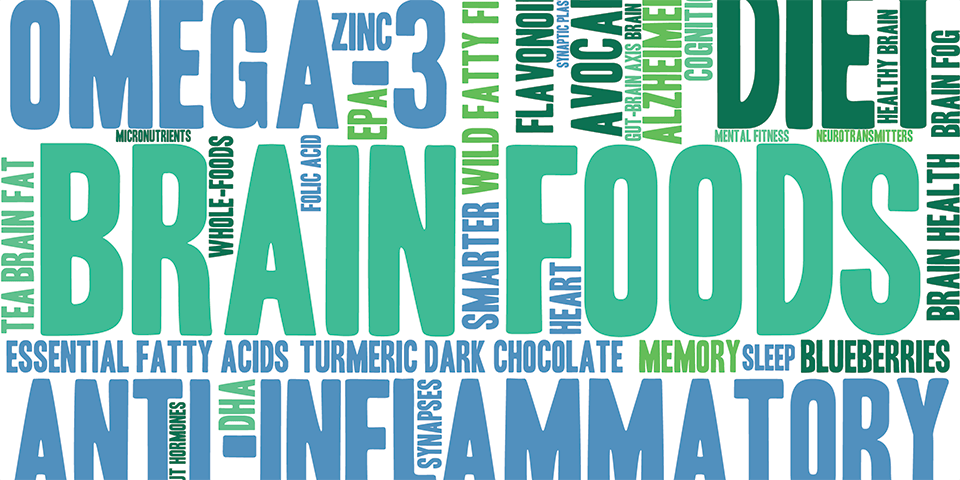Anti-inflammatory agents, such as aspirin, paracetamol, statins and antibiotics, can curb the symptoms of major depression, according to analysis of the available evidence.
With an estimated one third of people who are clinically depressed not responding well to current drug and talking therapies, and drug side effects relatively common, researchers have turned to an emerging body of evidence that suggests inflammation contributes to the development of major depression.
As results of clinical trials using various anti-inflammatory agents to treat the condition have proved inconclusive, the researchers set out to review the available evidence and pool the data to see if anti-inflammatory agents work better than placebo treatment, either alone, or when used as add-on therapy to standard antidepressant treatment.
Anti-inflammatory agents included:
- Non-steroidal anti-inflammatory drugs (NSAIDs).
- Omega 3 fatty acids.
- Drugs that curb production of inflammatory chemicals (cytokine inhibitors).
- Statins.
- Steroids.
- Antibiotics (minocyclines).
- A drug used to treat sleep disorders (modafinil).
- N-acetyl cysteine, (NAC) sometimes taken as an antioxidant supplement.
After trawling through research databases, researchers found 30 relevant, randomised controlled trials involving 1,610 people, which reported changes in depression scales.
Pooled data from 26 of these studies suggested anti-inflammatory agents were better than placebo and enhanced the effects of standard antidepressant treatment.
These agents were 52 per cent more effective in reducing symptom severity, overall, and 79 per cent more effective in eliminating symptoms than placebo, as measured by an average fall in depression scales of 55.
More detailed analysis indicated that NSAIDs, omega 3 fatty acids, statins, and minocyclines were the most effective at reducing major depressive symptoms compared with placebo.
The effects were even greater when one or other of these agents was added to standard antidepressant treatment.
No major side effects were evident, although there were some gut symptoms among those taking statins and NACs, and the trials lasted only four to 12 weeks, so it wasn’t possible to track side effects over the longer term.
The researchers also point out that not all studies tracked changes in depression scores over the entire study period. The depression scales used in the studies differed, and those involving statins and minocyclines included only small numbers of patients.
Nevertheless, they conclude: “The results of this systematic review suggest that anti-inflammatory agents play an antidepressant role in patients with major depressive disorder and are reasonably safe.”








